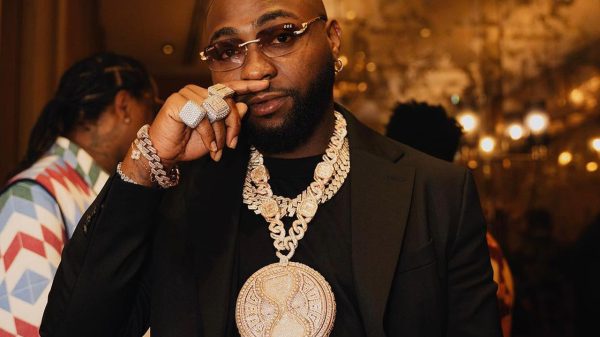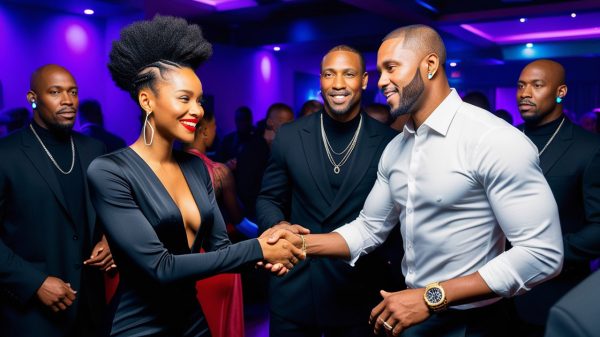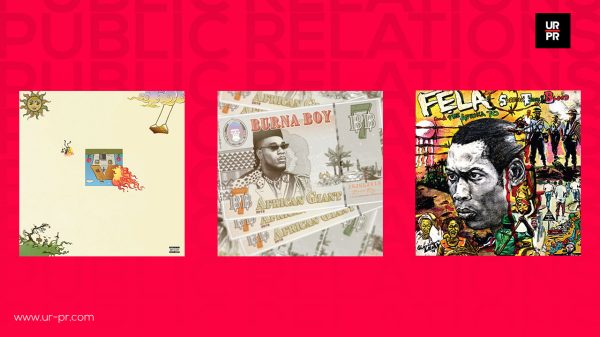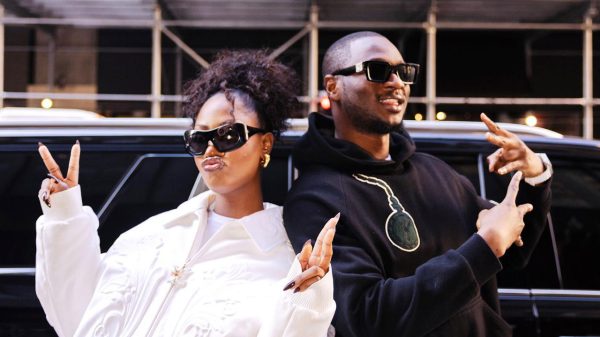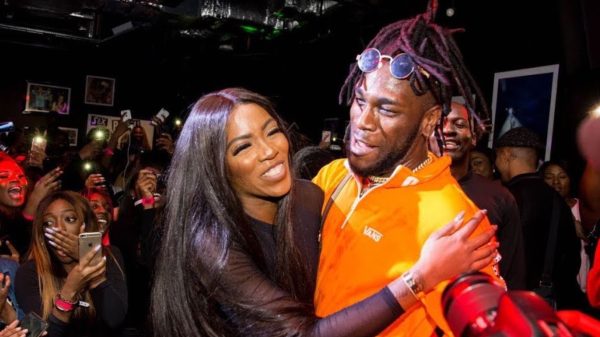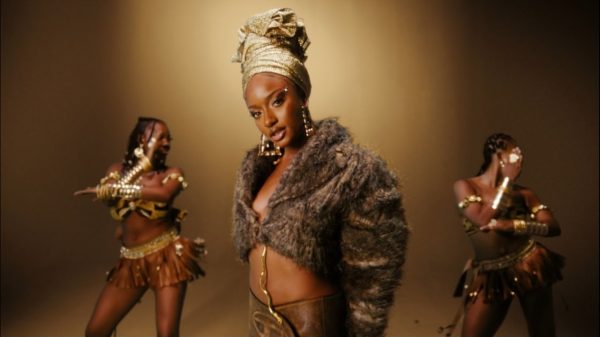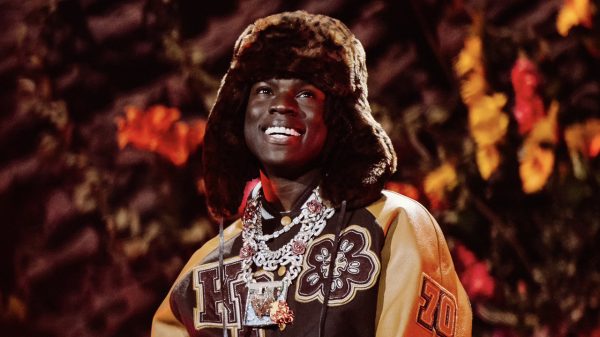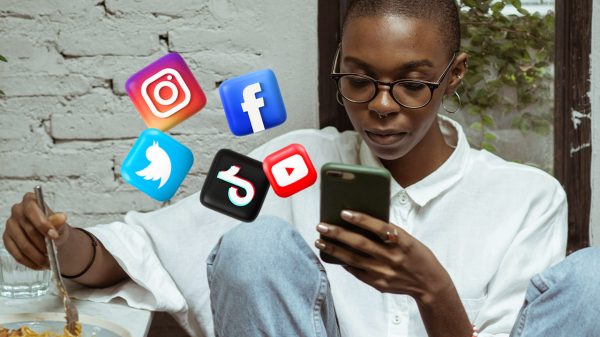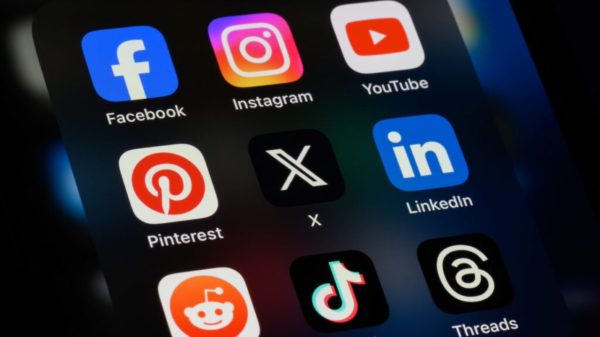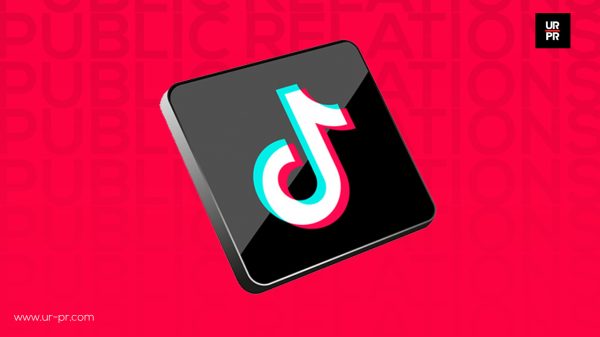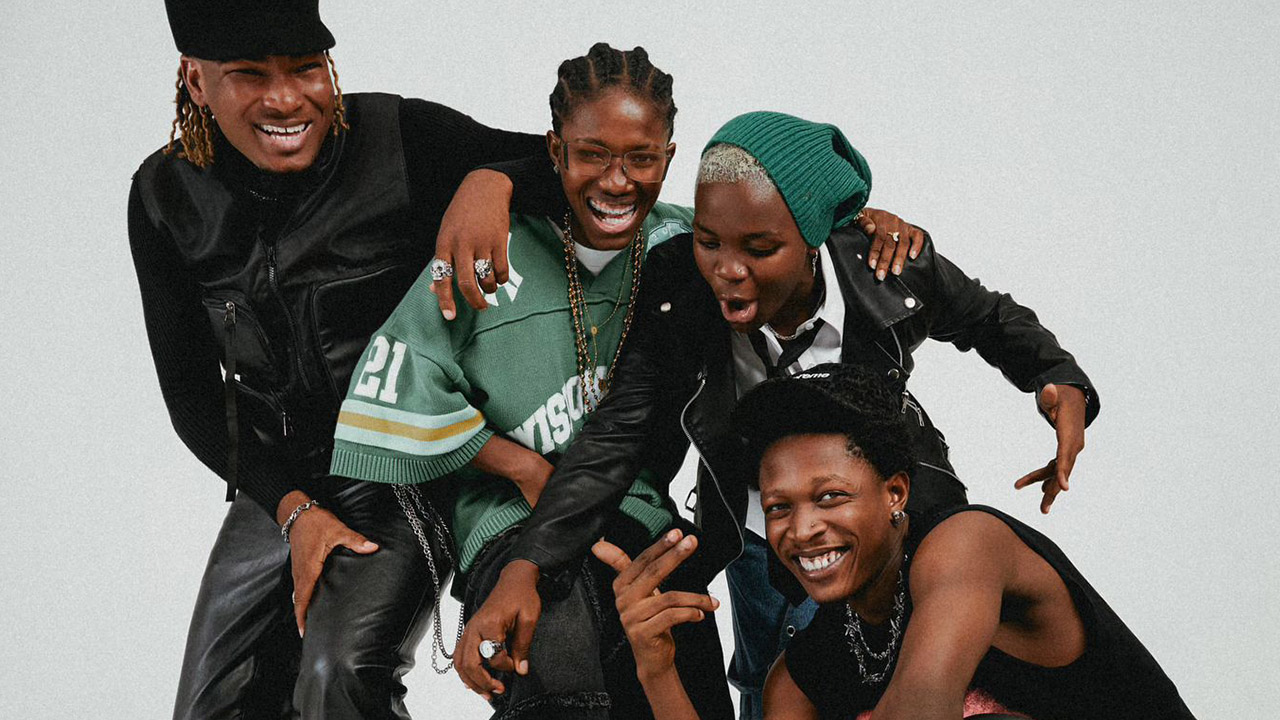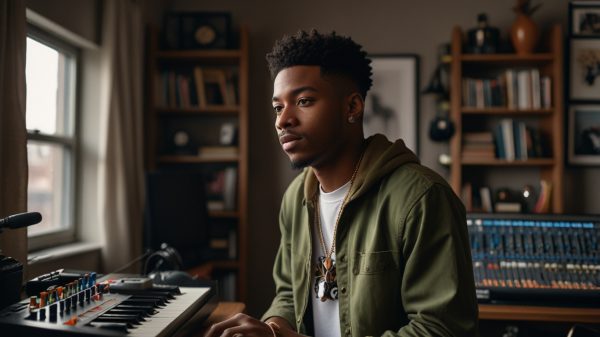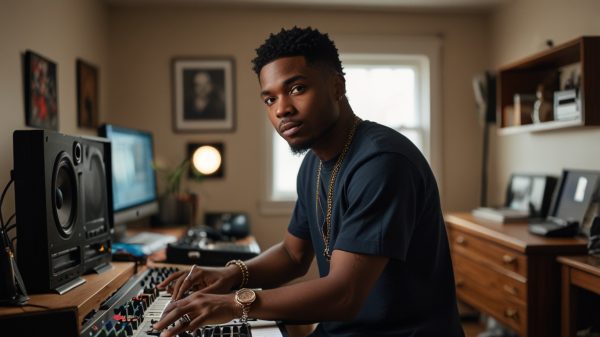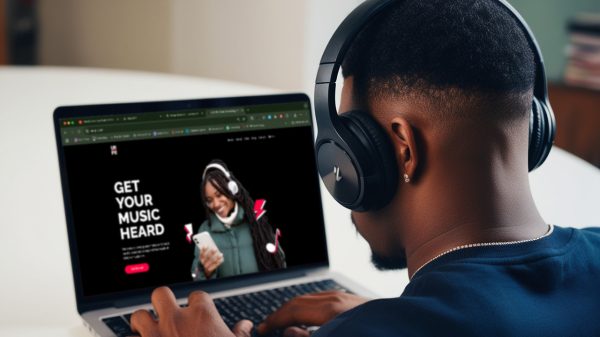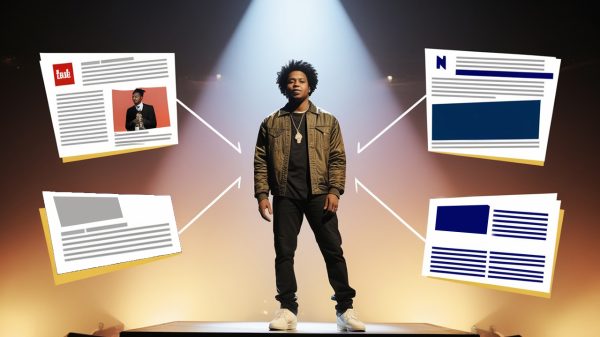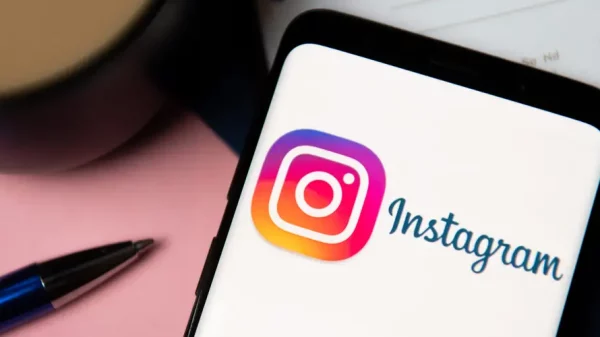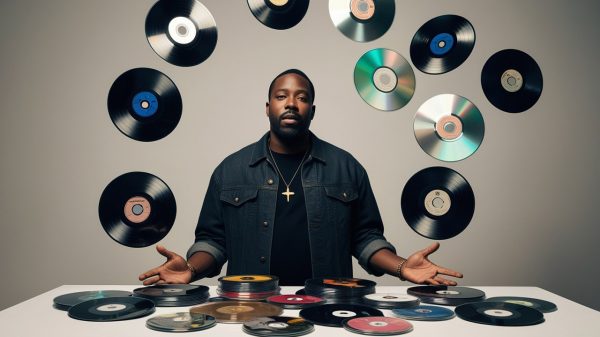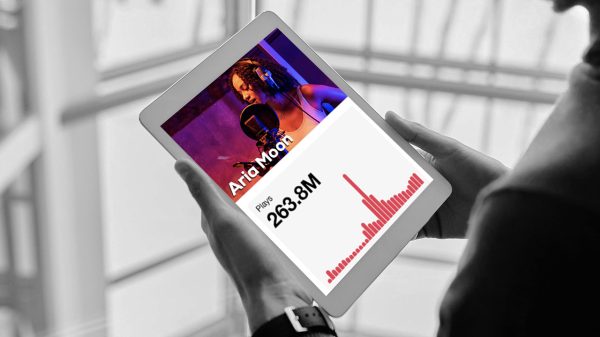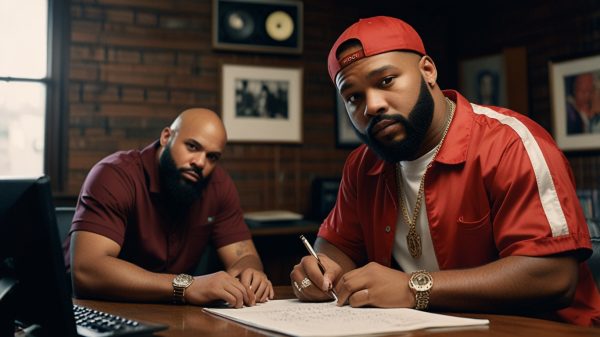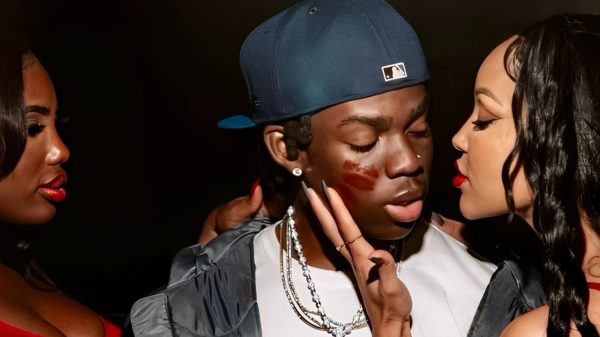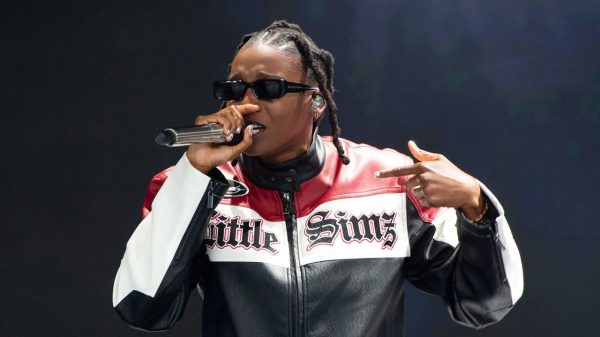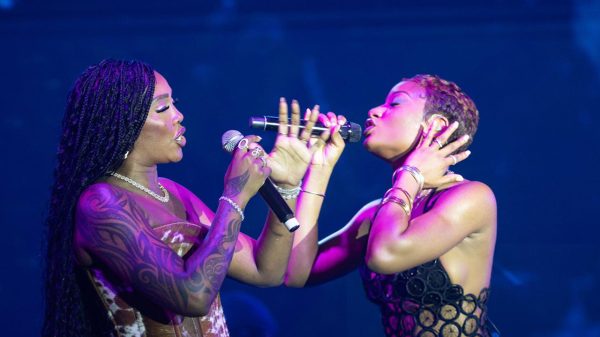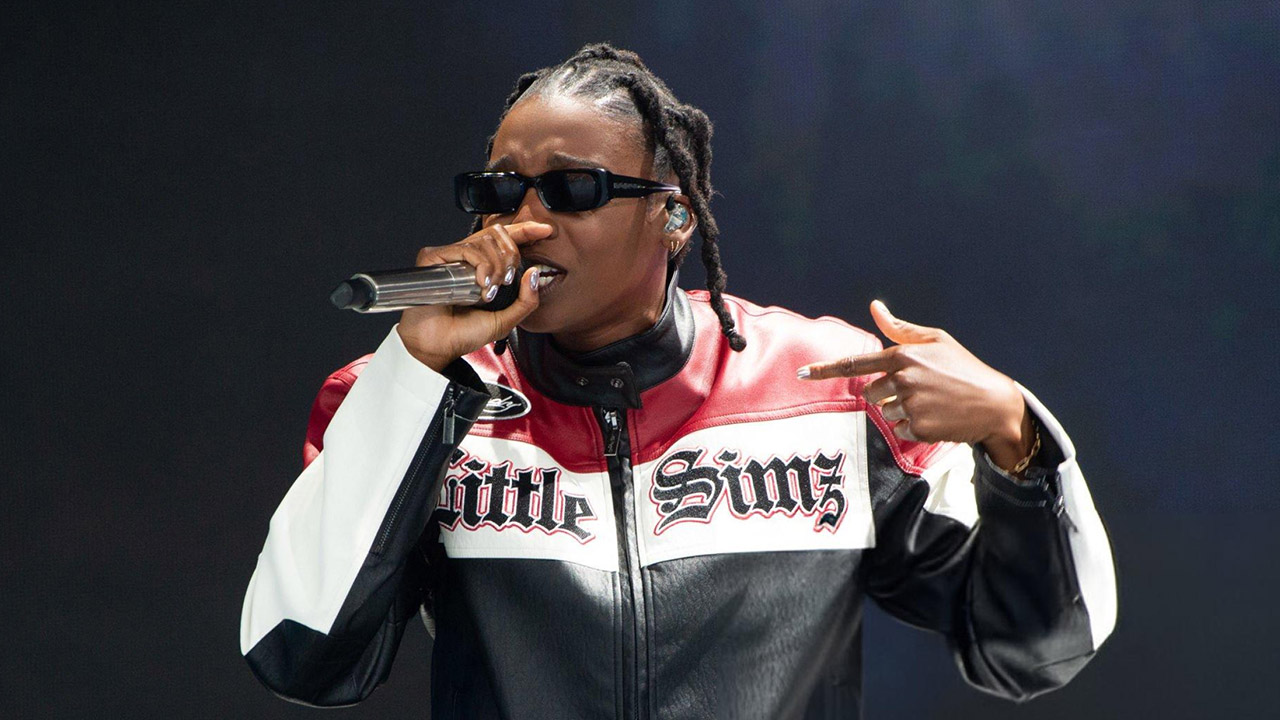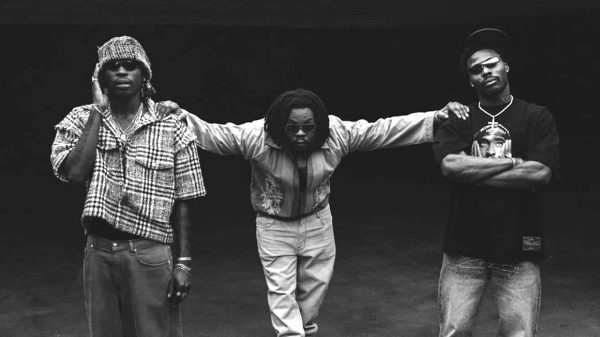Booking shows as an independent musician is a critical step in building a successful career in the music industry. Whether you’re just starting or looking to expand your reach, performing live can help you grow your fan base, generate income, and enhance your visibility. However, the process of booking shows can be tricky if you’re not familiar with how it works. This article will explore the key steps independent musicians need to take to book shows, offering practical advice and strategies to make the process smoother and more efficient.
For independent musicians, booking live shows is more than just a way to make money; it’s an essential component of building a career. Live performances allow you to connect with your audience, showcase your talent, and build your brand. But with the competition in the music industry growing, it’s crucial to approach booking shows in a strategic way.
Booking shows requires more than just sending out a few emails or messages. It involves understanding your target audience, having a strong online presence, networking effectively, crafting a compelling pitch, and leveraging opportunities in your local community. In this article, we’ll guide you through the process of booking shows, from getting your first gig to building a reputation for reliability.
Understanding Your Target Audience
Before you begin reaching out to venues and promoters, it’s important to understand who your audience is and where they spend their time. Knowing your fan base will help you identify the types of venues and events that are best suited for your music.
Identifying Your Fans and Their Preferences
Start by analyzing the type of music you make and who listens to it. Are you catering to a niche audience or a more general crowd? Are your fans mostly young people who frequent clubs, or are they older individuals who prefer seated venues for more intimate performances? Understanding these details will help you decide where to perform and what kind of shows to target.
Researching Popular Venues
Research venues that host your genre of music. This could include everything from small local bars to larger concert halls or outdoor festivals. Make a list of places in your city (or neighboring cities) that regularly feature artists within your genre. These are your potential venues.
A helpful tip is to visit these venues and check out the kind of artists they book. Pay attention to the type of crowd they attract and consider whether your music would be a good fit.
Building a Strong Online Presence
In today’s digital age, a strong online presence is key to booking shows. Promoters, venue owners, and booking agents will want to see evidence of your music, your brand, and your ability to attract fans before they book you.
Importance of Social Media
Social media platforms like Instagram, Twitter, TikTok, and Facebook are invaluable tools for connecting with fans, promoting upcoming shows, and growing your brand. They also serve as an effective way for venue owners and promoters to assess whether you’re an artist worth booking.
Make sure you are active and engaging on social media. Post regularly, share updates about new music, behind-the-scenes moments, and, most importantly, videos of live performances. Consistency and engagement on these platforms can build your following and increase your chances of getting booked.
Music Platforms and Website
In addition to social media, streaming platforms like Spotify, Apple Music, and SoundCloud play a major role in your online visibility. Having your music available on these platforms gives venues and promoters a way to hear your work before booking you.
Moreover, having a professional website with your music, bio, press kit, and contact information can make you look more professional and credible. It gives venue owners and promoters easy access to your work, making it easier for them to decide whether to book you for a show.
Networking and Building Relationships
The music industry thrives on relationships. Networking is one of the most effective ways to get booked for shows, especially when you’re just starting out. The more people you know in the industry, the more opportunities you’ll have.
Connecting with Promoters
Promoters are often the middlemen between artists and venues. They work hard to bring in talent for shows, and many are always on the lookout for new artists to book. To connect with them, consider attending industry events, music conferences, and networking nights in your area. It’s not just about asking for shows, but building genuine relationships over time.
Venue Owners and Other Artists
Venue owners are key players when it comes to booking gigs. In addition to reaching out directly, build relationships by attending shows at local venues, supporting other artists, and being active in your music community. Often, word-of-mouth recommendations from other artists can lead to more gigs.
Crafting a Compelling Pitch
When you’re ready to book a show, you’ll need to pitch yourself to promoters or venue owners. Your pitch should be professional and tailored to the venue you are contacting.
What to Include in Your Email or Message
A compelling pitch includes the following key elements:
- Introduction: Introduce yourself and your music in a concise way. Include any relevant experience, especially if you’ve performed at notable venues or festivals.
- Why You’re a Good Fit: Explain why your music fits with the venue’s vibe or audience. This demonstrates that you’ve done your research and aren’t sending generic emails.
- Music Links: Include links to your best songs or a demo. Make it easy for the recipient to hear your music.
- Availability and Flexibility: Provide a few potential dates you’re available to perform. Being flexible with dates can increase your chances of getting booked.
- Press Kit: Attach or link to your press kit, which should include a professional bio, high-quality photos, and any relevant press or media coverage.
Keep your pitch clear and concise—avoid long-winded messages that might lose the reader’s interest.
Showcase Your Work
Promoters and venue owners want to know what your live show will be like before they commit to booking you. One of the best ways to demonstrate this is through a well-crafted press kit.
The Role of a Press Kit
A press kit should include:
- A Bio: A short, engaging story about you as an artist.
- Photos: High-quality images you can share with promoters and the media.
- Music Samples: Provide links to your best songs or albums.
- Live Performance Videos: If possible, include video footage of you performing live. This gives promoters a glimpse of your stage presence.
Press Coverage
Any press or media coverage you have should be included in your press kit. This could be reviews of your music, interviews, or features on music blogs and magazines. The more you can demonstrate that you are an established artist with a following, the better.
Leveraging Local Opportunities
For independent musicians, local opportunities are key to gaining performance experience and building a fan base. Before attempting to book big shows, consider gaining experience by playing smaller gigs or participating in local events.
Playing Open Mics and Community Events
Open mics, community festivals, and smaller gigs are great places to hone your performance skills and gain exposure. These events can also help you connect with other local musicians and industry professionals who might help you book bigger shows in the future.
Utilizing Booking Platforms and Tools
There are several online platforms that can help independent musicians book shows. These platforms connect artists with promoters, venues, and event organizers looking for talent.
GigSalad, Sonicbids, and Others
Websites like GigSalad, Sonicbids, and Bandsintown allow you to create a profile and apply for gigs. These show booking platforms for musicians help streamline the booking process by giving you access to a wide network of event organizers and promoters looking for talent. They can be a great tool to expand your opportunities beyond your local scene.
Collaborating with Other Artists
Teaming up with other artists can help you get booked for more shows. Co-headlining shows with another artist or joining a collective of musicians can increase your visibility and open up more opportunities.
Co-Headlining Shows
By collaborating with artists who have similar fan bases or music styles, you can share the workload and expenses of booking a show while also increasing your reach. Co-headlining shows allow both artists to draw from each other’s fan bases and create a bigger impact.
Negotiating and Understanding Contracts
Before signing any booking agreement, it’s important to understand the terms and conditions. This includes details on compensation, travel, accommodations, sound requirements, and performance expectations.
Key Points to Discuss
Make sure to discuss:
- Payment: Ensure you understand the fee and how it will be paid.
- Technical Requirements: Clarify what equipment the venue will provide and what you need to bring.
- Promotion: Understand how the venue or promoter plans to promote the show.
- Cancellation Terms: Ensure there is a clear understanding of what happens if the event is canceled.
Preparing for the Performance
Once your show is booked, it’s time to get ready. This includes rehearsals, preparing your tech rider, and promoting the event.
Rehearsals and Tech Riders
Rehearse your set thoroughly to ensure you’re ready for the performance. A tech rider is a list of your technical requirements for the show, such as microphone needs, sound system preferences, and stage setup. Be clear and professional when submitting your rider.
Promoting the Event
Use social media, email newsletters, and your website to promote your upcoming show. Let your fans know when and where you’ll be performing, and offer incentives such as discounts on tickets or exclusive content to encourage attendance.
Building a Reputation for Reliability
One of the most important things you can do as an independent artist is to build a reputation for being reliable and professional. Show up on time, be prepared, and engage with the venue staff and audience in a positive manner. A reputation for professionalism will help you secure repeat bookings and recommendations from other artists and promoters.
Booking shows as an independent musician can be challenging, but with the right approach and strategies, you can build a successful live performance career. By understanding your audience, building a strong online presence, networking, crafting a compelling pitch, and showcasing your work, you can significantly increase your chances of getting booked.
Frequently Asked Questions (FAQs)
How can independent artists book shows?
Independent artists can book shows by identifying the right venues for their music, networking with promoters and venue owners, and pitching their music through emails or booking platforms.
What is the process for unsigned artists to book shows?
Unsigned artists should start by building a strong online presence, networking with industry professionals, and creating a compelling pitch to send to venues and promoters.
How do you book shows as an artist?
Booking shows involves researching potential venues, reaching out to promoters, and submitting a professional pitch that includes music samples, live performance videos, and press kits.
How can I book music artists for an event?
To book music artists, you should research their work, reach out to their management or booking agents, and negotiate the terms of the performance.
What steps should I take to get booked for shows as an artist?
Create a professional online presence, network with key industry players, craft an appealing pitch, and showcase your live performance ability.
What is the best way to go about booking a musician?
To book a musician, contact their booking agent or manager with specific details about the event, including the date, location, and compensation, and be clear about expectations.

